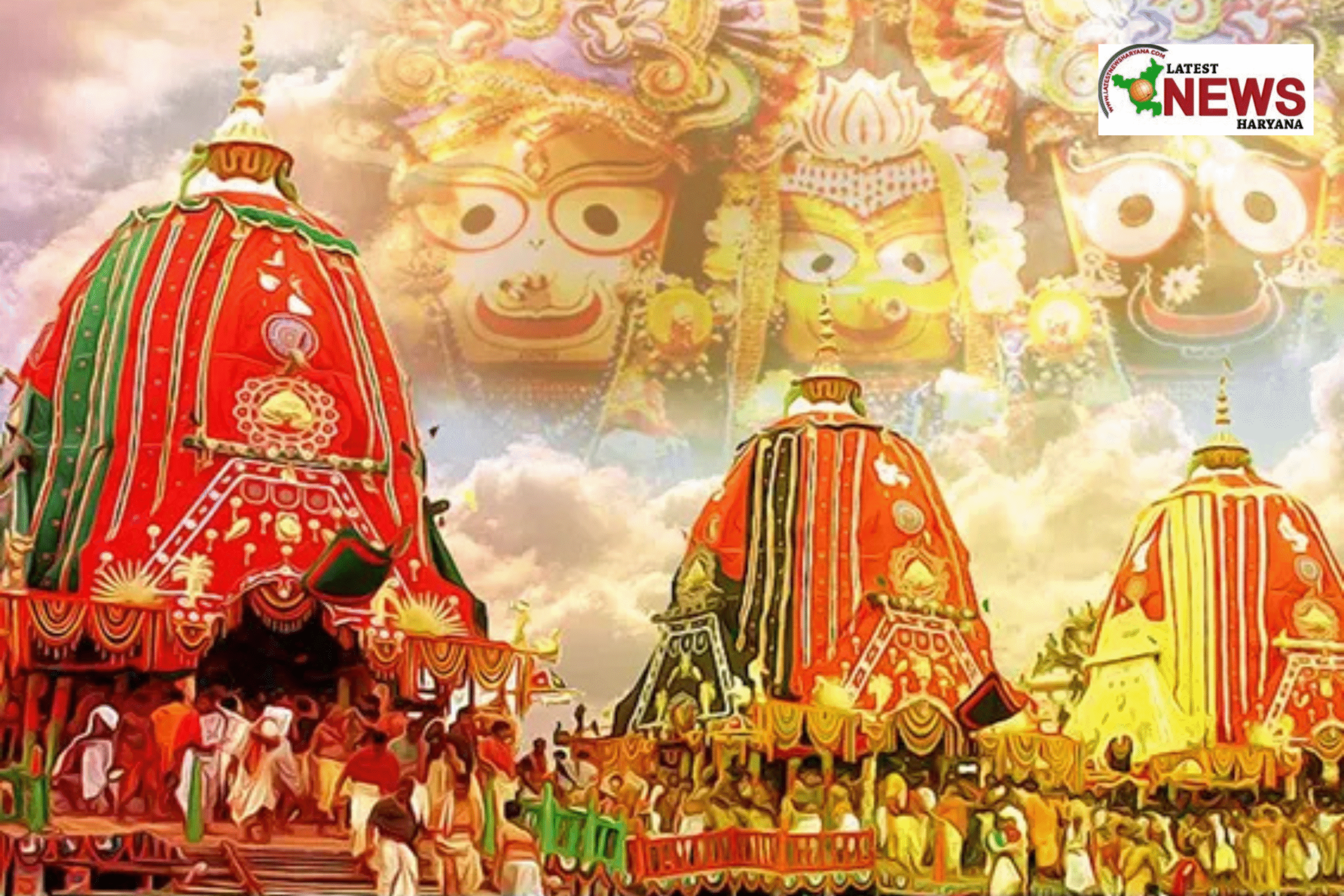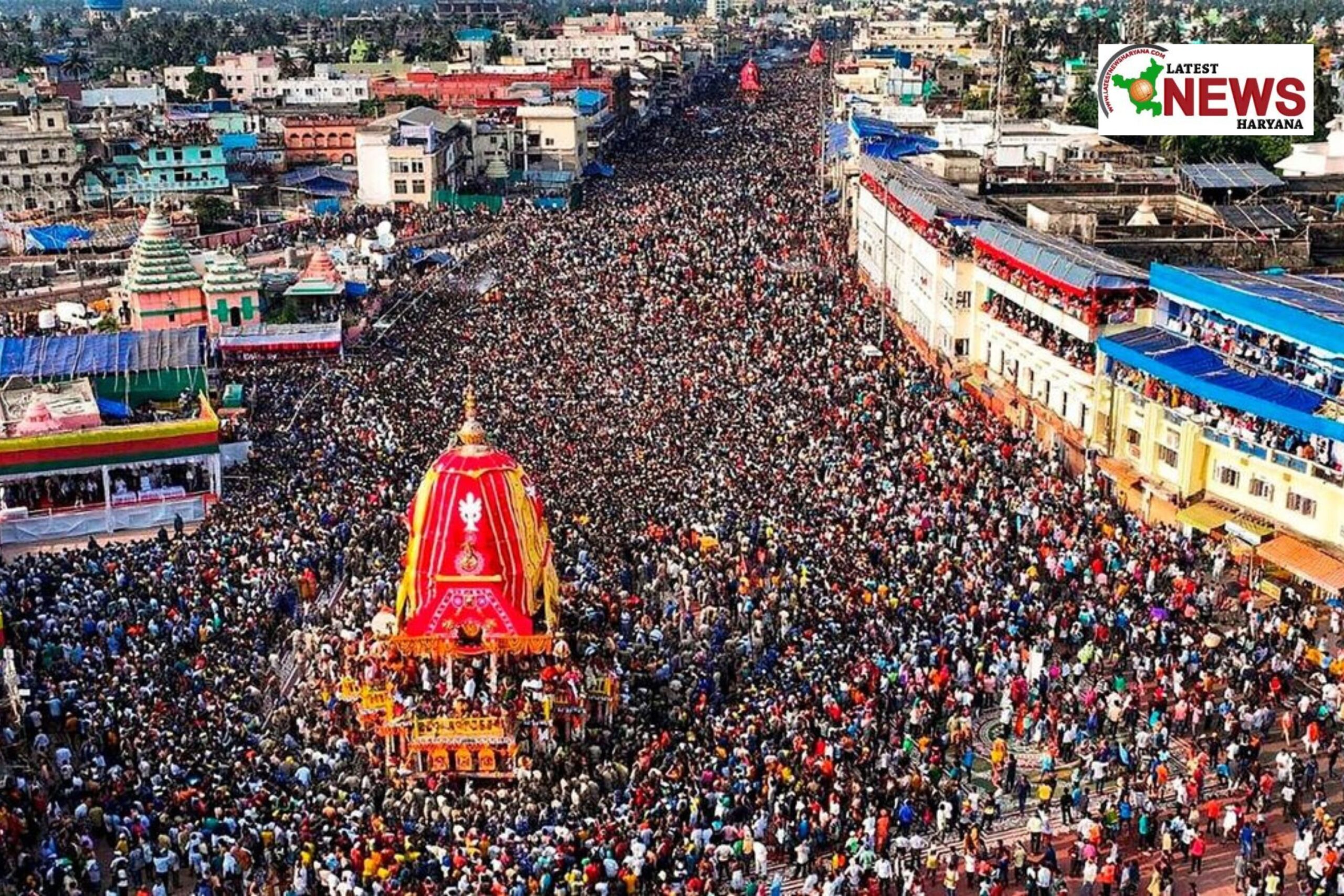Mumbai, December 23, 2024 – Renowned Indian filmmaker Shyam Benegal, a pioneer of the parallel cinema movement, passed away yesterday at the age of 90. He was receiving treatment for chronic kidney disease at Mumbai’s Wockhardt Hospital. Benegal’s demise marks the end of an era in Indian cinema, leaving behind a legacy that reshaped storytelling in the country. As fans and the film fraternity come together to honor his contributions, heartfelt Shyam Benegal tributes pour in, celebrating his unparalleled influence on Indian cinema.
A Life Dedicated to Storytelling
Born on December 14, 1934, in Tirumalagiri, Hyderabad State (now Telangana), He was a visionary whose work was deeply connected to the socio-cultural realities of India. He graduated from Osmania University before moving to Bombay (now Mumbai) to pursue a career in advertising and eventually filmmaking.
His directorial debut, Ankur (1973), was a groundbreaking film that explored rural caste and gender dynamics. It set the tone for Indian New Wave cinema and laid the foundation for Benegal’s illustrious career. Films like Nishant (1975), Manthan (1976), and Bhumika (1977) further established his reputation as a filmmaker who tackled social issues with depth and nuance.
The Pioneer of Parallel Cinema
Shyam Benegal’s works stood out for their realism and ability to highlight India’s diverse and complex society. Often considered the father of parallel cinema, his films gave a voice to marginalized communities and tackled themes rarely addressed in mainstream Bollywood.
Notable Works:
- The Muslim Women Trilogy: Mammo (1994), Sardari Begum (1996), and Zubeidaa (2001), which highlighted the struggles and resilience of Muslim women in India.
- Historical Narratives: The television series Bharat Ek Khoj, based on Jawaharlal Nehru’s The Discovery of India, remains a landmark in Indian television for its engaging portrayal of history.
Awards and Recognitions
His cinematic excellence was acknowledged with numerous accolades:
- National Film Awards: Received 18 awards across various categories.
- Padma Awards: Honored with the Padma Shri in 1976 and the Padma Bhushan in 1991.
- Dadasaheb Phalke Award: Awarded India’s highest cinematic honor in 2005.
These accolades are a testament to his unparalleled contribution to Indian cinema.
Educator and Mentor
Beyond his work as a filmmaker, Benegal was a revered educator. He served as a professor and later chairman at the Film and Television Institute of India (FTII), where he mentored some of India’s most talented actors and directors.
Personal Life and Legacy
He is survived by his wife, Nira Benegal, and daughter, Pia Benegal, a celebrated costume designer who collaborated on many of his projects. His films, rich in storytelling and realism, continue to inspire filmmakers worldwide.
Tributes Pour In
The news of Shyam Benegal’s passing has led to an outpouring of tributes from the film industry and beyond. Acclaimed director Mira Nair remarked, “Shyam Benegal was not just a filmmaker; he was a visionary who taught us to see beyond the frame.”
Actor Shabana Azmi, who starred in several of his films, said, “He was a master storyteller who understood the soul of India. His passing is a great loss to the world of cinema.”
Conclusion
His passing leaves a void that cannot be filled. However, his body of work and the values he championed will continue to resonate for generations to come. His films are not just a testament to his genius but also a mirror to India’s evolving social and cultural landscape.


















